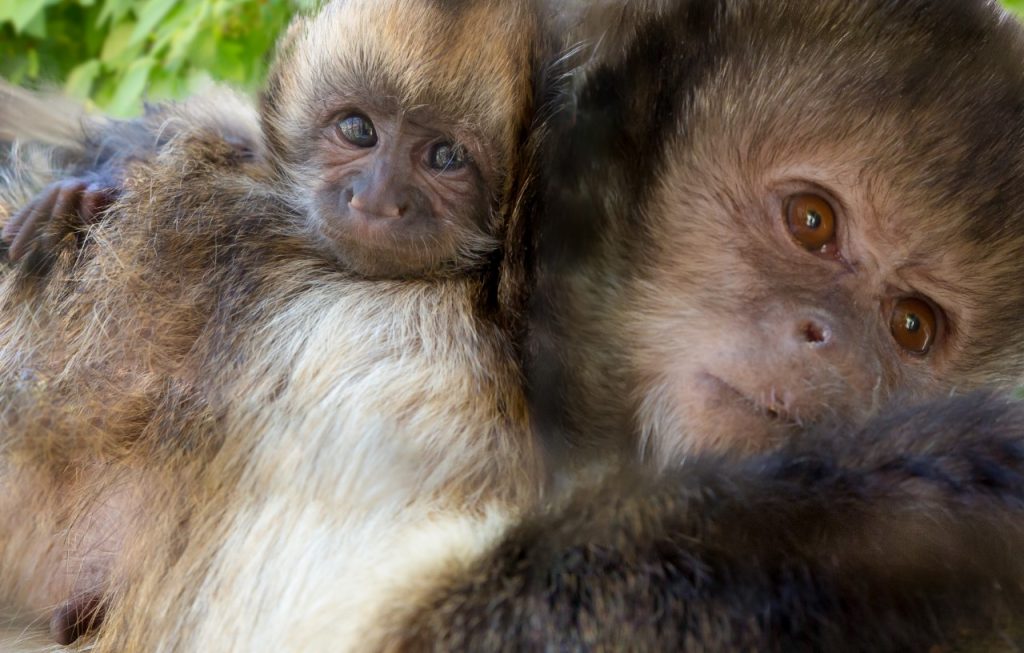The captive Maned Wolf (Chrysocyon brachyurus): Nutritional considerations with emphasis on management of cystinuria
Citation
Childs SE, Angel R, Allen ME. 2001. The captive Maned Wolf (Chrysocyon brachyurus): Nutritional considerations with emphasis on management of cystinuria. In Edwards M, Lisi KJ, Schlegel ML, Bray RE, Eds., Proceedings of the Fourth Conference on Zoo and Wildlife Nutrition, AZA Nutrition Advisory Group, Lake Buena Vista, FL.
Abstract
An important and widely recognized condition of the maned wolf is cystinuria, or excess levels of cystine in the urine. Cystinuria has been identified in the majority of maned wolves tested, both in captivity and in the wild. Cystinuria also occurs in humans and domestic dogs, and has been demonstrated in these species to have a genetic basis. In all species afflicted with this condition clinical disease may occur secondary to urolith formation. The solubility of cystine in urine is pH-dependent and the unusually low urine pH of many captive maned wolves may predispose them to morbidity and mortality related to cystine urolithiasis. Dietary modification is a significant component of cystinuria management in both human and canine patients. Based on present knowledge, we hypothesize that through dietary modifications we can reduce urinary cystine concentrations as well as produce alterations in urinary pH which increase cystine solubility and decrease cystine urolith formation in captive maned wolves.
 Childs-ManedWolfCystinuria.pdf 2 MB
Childs-ManedWolfCystinuria.pdf 2 MB








